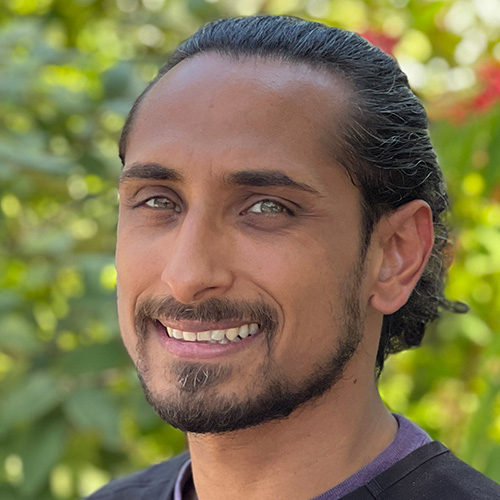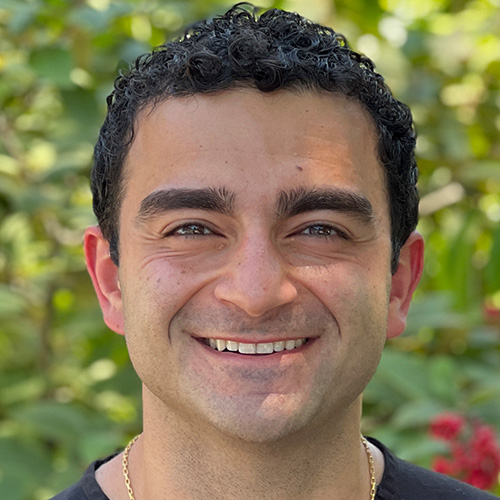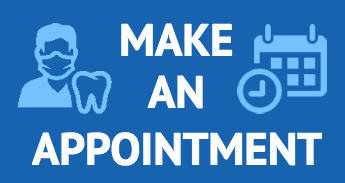Periodontics
 Dr. French Moore is a trained dentist in the use of PerioProtect for the treatment of gum disease. |
Did you know that other health conditions can result from periodontal disease?
Heart Disease & Heart Attack
Recent studies have shown that people with periodontal disease are 2.7 times more likely to suffer a heart attack.
Stroke
Studies have also shown that people with periodontal disease are 3 times more likely to suffer a stroke.
Pre-Term Childbirth
Women with periodontal disease are 7-8 times more likely to give birth prematurely to a low birth-weight baby.
Diabetes
Periodontal infection can raise blood sugar in diabetic patients. Periodontal treatment often results in a reduced need for insulin.
Respiratory Disease
Periodontal infection in the mouth can be breathed in and increase the severity of such respiratory diseases as pneumonia, bronchitis and emphysema.
Your Bacteria Can Be Transmitted
Research using DNA testing has found that periodontal bacteria can be transmitted from parent to child and from spouse to spouse.
Initial Exam and Consultation
Your first appointment will consist of a comprehensive examination. The term periodontal disease actually encompasses a number of diseases that affect the supporting tissues around the teeth - the gums and bone. Most tooth-loss in adults is caused by this destructive process. A complete examination and charting of your conditions will determine the extent to which the disease has progressed. A broad range of therapy exists in periodontics; together, we will be able to discuss with you which options are available to assist you in maintaining your periodontal health. The benefits of your personalized treatment plan will be explained thoroughly.
Although our emphasis is on early treatment and prevention, our office utilizes the latest techniques to improve the health of your mouth after the disease has progressed, such as bone and gum regeneration and dental implants. We strive to maintain and improve the health of your gums for comfort, aesthetics and function.
Ultrasonic Scaling and Root Planing
To fight periodontal disease, we need to reduce plaque, tartar, and the number of bacteria in the pockets in your mouth. One device we use to remove calculus from teeth is an ultrasonic scaler. It consists of a wand with a small scaling tip that produces a soft, ultrasonic vibration. The small, quick vibrations in combination with a water flow give us a whole new level of effectiveness in calculus removal. The benefits of ultrasonic scaling include removing calculus as well as reducing the number of harmful bacteria below the gum line. It is an important tool in the prevention and treatment of periodontal disease.
Root Planing
For your dental health, routine cleanings at our office remove plaque and tartar that exist on your teeth above the gum line. But sometimes, especially if you don't floss regularly, plaque, tartar and bacterial toxins can develop below the gum line. The goal of scaling and root planing is to remove this source of periodontal infection from below the gum line on the surfaces of the roots.
Normally, we'll spread scaling and root planing over several appointments. This will maximize your comfort, allow us to check on the healing and help you fine-tune your homecare efforts.
To keep you comfortable, we may give you local anesthetic before the procedure begins. Then we'll use either a small scaling instrument or an ultrasonic scaler to carefully and meticulously remove plaque and tartar from the top of your tooth all the way down to the bottom of the pocket.
Then, we'll plane (smooth) the root surfaces so your gums can heal and reattach to your teeth. If it appears to be necessary, an antibiotic or alternative medication will be placed in the pocket after it has been scaled and planed to control infection and promote healing. Oral antibiotics might also be prescribed to further combat the infection. Once the source of infection has been removed, your gums will begin to heal and will once again tighten around your teeth.
Homecare is the key to continuing the healing process. Since brushing and flossing only removes plaque about three millimeters below the gum line, you'll need special tools to clean the affected areas. As part of your treatment, we'll provide you with the tools and techniques you'll need to thoroughly clean and maintain these areas.
Post Treatment
If you have a history of periodontal disease, we must monitor the health of your gums closely so that we can prevent a recurrence of this destructive infection.
Periodontal disease can never be cured; it can only be controlled. And if it isn't carefully monitored and controlled, periodontal disease can eventually cause you to lose your teeth.
We must monitor your gums closely. If we've diagnosed periodontal disease, we'll usually recommend a form of periodontal therapy called scaling and root planing (see above) to remove the infection from beneath your gums. Following this treatment, we'll have you come to see us every few months for ongoing care, which may include x-rays, re-evaluation of your periodontal health and the effectiveness of your homecare, removal of plaque above and below the gum line, and re-treatment with scaling and root planing if necessary. These frequent checkups are vital for controlling your periodontal disease.
Periodontal disease is site-specific. This means that you may experience a flare-up of the infection in just one of the 192 periodontal pockets that exist in your mouth. Bone and tissue loss may occur in this isolated area, or it may be more widespread. If we aren't checking regularly for this type of damage to your gums and bone, you might not notice that it's occurring, and the destruction would continue unchecked.
Some bacteria do remain after treatment, and they may settle back into the pocket and begin growing and destroying bone and soft tissue. In as few as 90 days, the bacteria can reach destructive levels once again. Because of the episodic nature of periodontal disease, and in light of the fact that periodontal disease can reestablish itself this quickly, the typical 6-month re-care appointment just isn't enough for those with a history of periodontal disease. Statistics confirm that re-evaluation at intervals of 3-4 months is critical for periodontal patients. This helps us break the stronghold of bacteria in your gums, minimize the recurrence of the infection, and slow or eliminate its destructive effects.
Pocket Depth Reduction
Your bone and gum tissue should fit snuggly around your teeth like a turtleneck around your neck. When you have periodontal disease, this supporting tissue and bone is destroyed, forming "pockets" around the teeth.
Over time, these pockets become deeper, providing a larger space for bacteria to live. As bacteria develop around the teeth, they can accumulate and advance under the gum tissue. These deep pockets collect even more bacteria, resulting in further bone and tissue loss. Eventually, if too much bone is lost, the teeth will need to be extracted.
DENTAL IMPLANTS
WHAT IS A DENTAL IMPLANT
A dental implant is a small titanium screw that serves as the replacement for the root portion of a missing natural tooth. Dental implants can be placed in either the upper or lower jaws.
ImplantsOur Services
Whether your dental needs are a complete exam and cleaning, a full-mouth restoration, or anything in between, we promise to provide you with exceptional care as we enhance the natural beauty of your smile. Below are just some of the many procedures and services we regularly provide to our patients – with a gentle touch and stunning results. Your smile is our first priority, and we’ll give you something to smile about.
Meet the Doctors

Dr. French Moore III, DDS
Dr. Moore was born and raised in Abingdon, Virginia. He earned his B.S. in Biology from James Madison University and his D.D.S. from the Medical College of Virginia School of Dentistry in Richmond in 1982. Upon graduation, he married Laura, the love of his life, and moved to Germany to serve three years...
read more
Dr. Stuart Lee Laningham, DDS
Dr. Laningham grew up in Lee County, Virginia on the farm that has been home to six generations of his family. Upon graduation from high school, he attended the College of William & Mary, then transferred to the University of Virginia, where he received his Bachelor’s in Biology and graduated with honors...
read more
Dr. Benjamin Mavelil, DDS
Dr. Mavelil was born and raised in Dubai. He was born to Indian first-generation immigrants and has two brothers. He moved to India after high school to pursue dentistry. He completed 5 years of dental training and went on to complete a residency in Orthodontics...
read more
Dr. Jacob Mirpanah, DDS
Dr. Jacob Mirpanah grew up in Ashburn, Virginia and is very excited to be moving to the area with his wife, Dr. Sofie Fazel. He attended the University of Virginia, earning a bachelor’s degree in Biology. In Charlottesville, Dr. Mirpanah involved himself heavily in volunteer work. Both local, in the form of Mission...
read more



